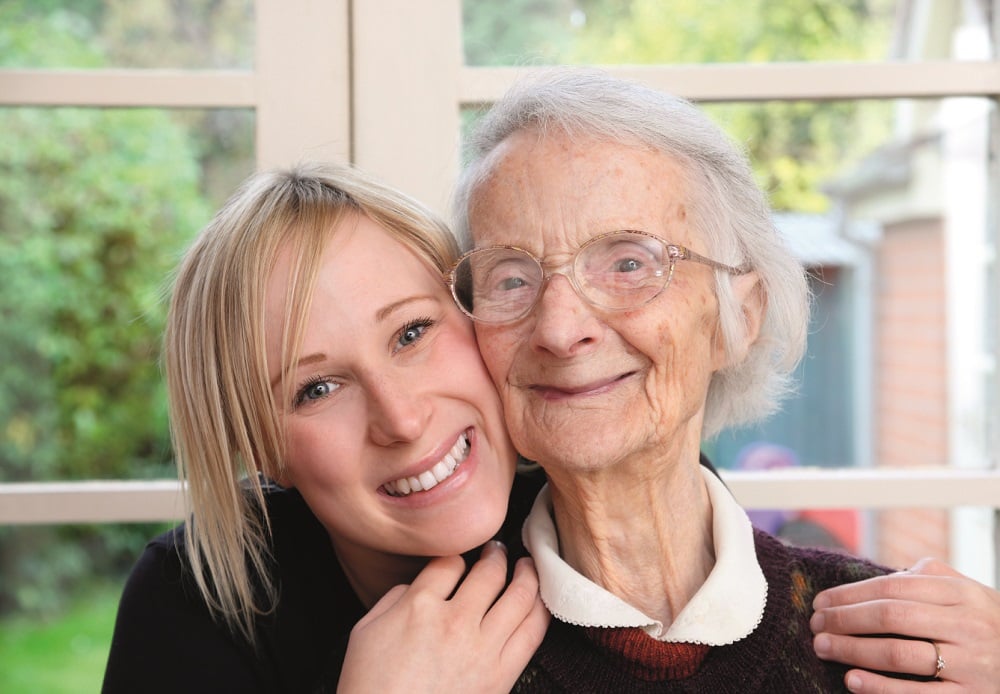If you are an older person who needs care or a relative of someone needing care then there are several options available. Some people are under the misapprehension that the only option for older people unable to look after themselves is to move in to a residential care home or nursing home. However, professional care can be supplied in the home, which is often preferred by older people and far less distressing that having to leave behind the familiarity and security of your own home.
So it is essential to research all of the available options so that you can make a choice that suits you. Even for those seniors who need care they can still lead a full and interesting life if they get the right type of care and support.
What Are The Different Types Of Care?
Residential Care Home
Research by the Live-in Care Hubrevealed that the vast majority of peopledon’t wish to move to a care home. Yet many think it is their only choice so they put off organising care for this reason. That’s not to say care homes don’t have some positives: they provide round the clock support and care, 3 regular meals a day and the company of other people in similar situations.
Assisted Living
Assisted living can be a good option for those who want their own home but want the security of knowing that help is readily to hand should they need it. Accommodation usually comprises a private apartment with one, two or sometimes three bedrooms. Apartments have emergency call buttons directly to on-site wardens. An added advantage of assisted living is that many have beautifully maintained gardens so older people can have the benefit of sitting out or walking round beautiful outdoor spaces without the disadvantage of having to look after it themselves.
In- Home Care
In-home care can either mean a professional carer lives in your home full-time or they come at set times during the day – usually two or three times depending on client requirements. Home care services will be tailored to the individual client in order to cater for non-standard situations. For instance the client may have pets and require help looking after them, or they may have a large garden and also want help with that.
Homecare and live-in care are becoming more popular as more people learn about this option and realise it won’t cost them any more than going into a care home.
And Now – The Finances
Less than 2 percent of people seek advice from an independent financial advisor (IFA) when it comes to planning and organising care. Yet care can be one of the largest expenses in a person’s lifetime and many people under-estimate just how much it is going to cost. For that reason good financial advice is critical but in order to make the right decision financially you really need to know what type of care you will need so it’ a good idea to plan for best and worst case scenarios .




